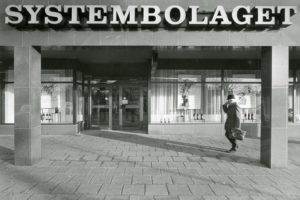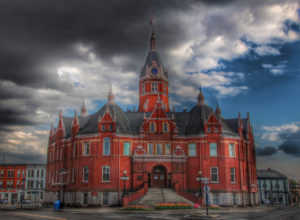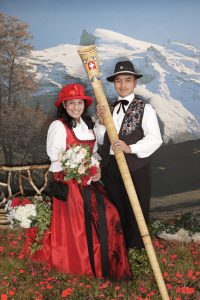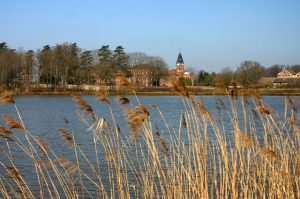In every country, a tourist has to energetically perform specific tasks within a relatively short time-frame. This is the tourist imperative. There is surprisingly little Hobbesian free will in a good tourist’s world.
For example, visiting Switzerland you have to see the Matterhorn, buy a watch, and eat a cheese fondue. In Canada you have to dine on Nova Scotia lobster, see Niagara Falls, buy a bear-bell and go walking in the Rockies. In Bali you have to run away from the monkeys, buy ikat weavings and go to a gamelan orchestra evening show. Your actions are prescribed. You spend your money and stay focused on your touristic endeavours until it’s time to get back to where you came from. It is, frankly, quite exhausting.
In Cuba this is not the case, because there are no tourists. Anyone who manages to escape from their all-inclusive resort, gets separated from their cruise-ship crowd, or is just out and about on their own is NOT a tourist. She is a “punto”.
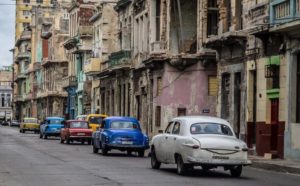 The punto is cash-rich with wads of Euros and Francs falling out of her pocket. Most of Cuba is dirt poor but many of these people are working in the fields, living in rural communes and never have the good luck to come into contact with a full-blooded punto. The Cuban game is to try to separate the punto from her lolly. This is not done on a criminal level so is not dangerous. It is simply a national pastime and hugely entertaining.
The punto is cash-rich with wads of Euros and Francs falling out of her pocket. Most of Cuba is dirt poor but many of these people are working in the fields, living in rural communes and never have the good luck to come into contact with a full-blooded punto. The Cuban game is to try to separate the punto from her lolly. This is not done on a criminal level so is not dangerous. It is simply a national pastime and hugely entertaining.
The punto is hauling around so much cash because there are no cash machines in Cuba and when you come across an open cambio, you have to change some of your international currency into CUC’s – the tourist pesos (worth a dollar). This must not be confused with the local currency, which is also a peso (but is only worth five cents). For example a coffee costs 5 pesos. Does this mean 25 cents or does this mean 5 dollars?
Having recently paid 8 euros for a coffee at St Mark’s Square in Venice, I know that $5 is a POSSIBLE coffee price. But sitting in the squalor of the Malecon in Havana with buildings reduced to rubble all around you, it is a highly questionable situation.
A good tourist will pay the $5, and quietly ruminate that Cuba is a very expensive place. A wicked tourist will calmly put 25 cents of local money on the table, and then start laughing when the waiter says he wants 5 tourist dollars. The waiter will not be able to resist the magnificent joke and roll around the floor laughing that a good tourist has just paid $5 (about the price of a rotten old Cuban car) for a little cup of coffee.
This is the grease of Cuba tourist life—puntos, salsa, and mojitos—a simple world free from the modern nuisances of plastic, time, and fattening foods. And most stimulating for the wicked tourist.

